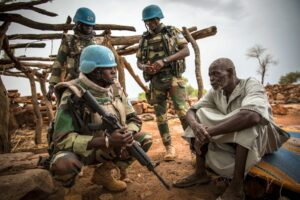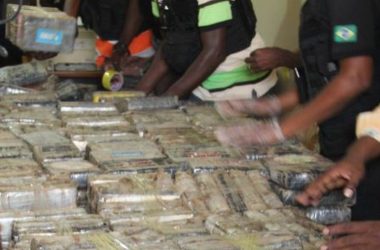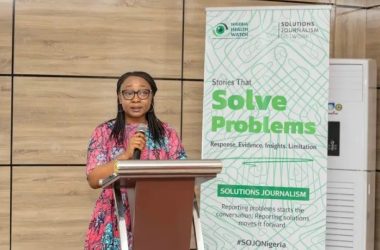Peacekeepers from Cote d’Ivoire are among those quitting Mali just nine months into their role.
In September 2021, at the United Nations, Mali’s Prime Minister, Choguel Kokalla Maiga, chided France for abandoning midair its campaign against the insurgency deploring the partial withdrawal of Barkhane force in his country, which has been facing jihadist violence for a decade.
In recent months, African countries have also announced their disengagement from the United Nations Multidimensional Integrated Stabilization Mission in Mali (Minusma).
The last Ivorian peacekeepers will leave Malian territory in August 2023 and will not be relieved.
The Ivorian authorities made the announcement on Tuesday, November 15, without explaining the reasons for the withdrawal of their 900 compatriots deployed in Mali as part of the UN stabilization mission in the Sahelian country.
But before Cote d’Ivoire, Benin and Egypt were the two other African countries to have announced their withdrawal from the Minusma, following several troop-contributing European countries, such as the United Kingdom.
Benin worried about its northern region
Last May, Benin expressed the need to recall its troops in order to reinforce its internal security after attacks on the border with Burkina Faso.
This means that 456 Beninese elements of the Minusma will gradually return to their country before November 2023, Cotonou said.
“Recently, Benin has been facing a worrying security situation due to acts of terrorism orchestrated on its northern borders by unidentified armed men. As a result, the country plans to mobilize all the human, material and logistical skills necessary to strengthen its security,” explained the Beninese Ministry of Foreign Affairs in a letter to the UN Secretary General.
Egypt’s peacekeepers under attack

Following Benin’s letter, the UN received a similar one of disengagement from Egypt, which has about 1,000 soldiers in the UN Mission in Mali.
After losing seven soldiers since the beginning of the year, Cairo has decided to temporarily suspend the activities of its peacekeepers present in Mali as of August 15, 2022 for an indefinite period.
“Egypt’s decision to temporarily withdraw from the UN forces is primarily in response to the attacks on these soldiers. Minusma is a defensive force. It is not a force that is authorized to attack and eliminate. And I think it’s also a structural weakness linked to this presence,” Hichem Ben Yaiche, a geopolitical expert told the pan-African channel Africa 24.
Abidjan exasperated by the detention of its soldiers in Bamako
As for Côte d’Ivoire, its unexplained withdrawal from the Minusma comes at a time when diplomatic relations with Bamako have deteriorated considerably since the so-called “49 soldiers” affair.
These Ivorian soldiers, accused of being mercenaries were arrested in Bamako on July 10 and placed under a detention order.
While three of them have been released, 46 are still being held in Mali, accused by the Malian justice system of “attempting to undermine state security”.
Cote d’Ivoire has always rejected these accusations, claiming that these soldiers were called in to provide logistical support to Minusma.
Togo has played the role of mediator between Abidjan and Bamako since July 28, but negotiations have still not led to a settlement of the row which takes place in the context of the fight against terrorism, which is still prevalent in the Sahel region, particularly in Mali.
As of September 16, 2022, nineteen African countries were contributing troops and police to Minusma.
The announced withdrawal of African troops from Minusma has been commented on in various ways, and some analysts see it as a bad sign as to the longevity of this mission, whose effectiveness is increasingly being questioned.
The UN Security Council renewed the Minusma mandate on June 30 for another year with some major changes, such as the elimination of logistical support from Barkhane to the UN forces and the reduction by the Malian junta of the scope of the Human Rights Division to investigate allegations of abuses reported to it.
(APA)




